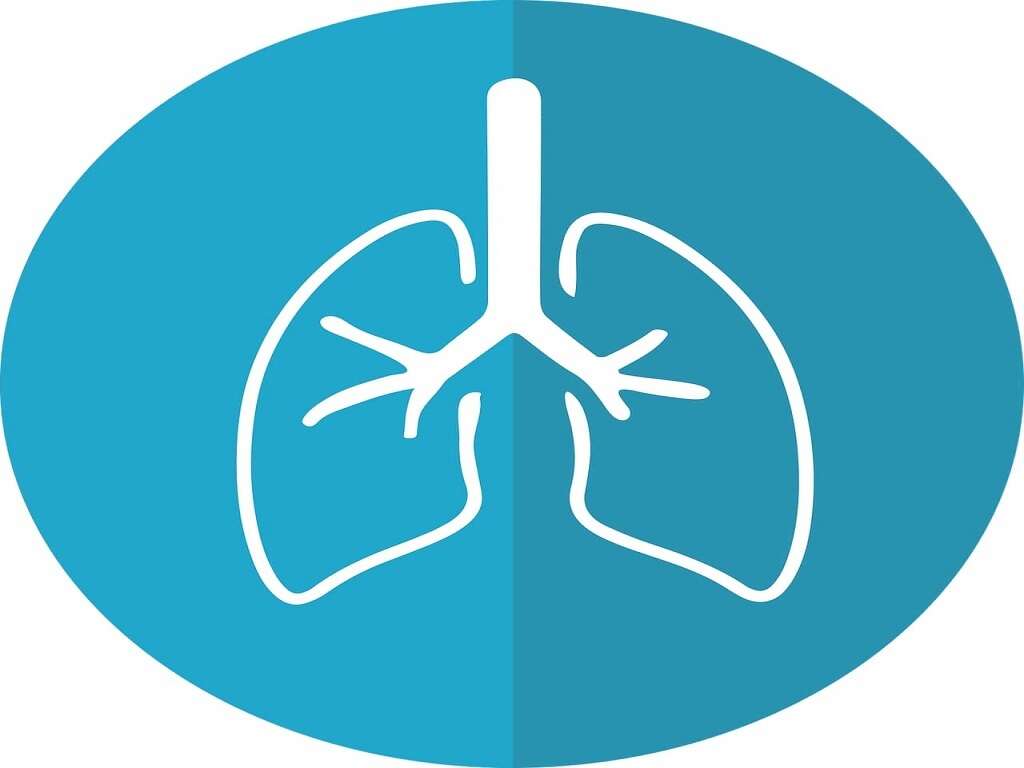Ageusia Causes, Treatments & More
 Article Sources
Article Sources
- 1. Bhandare, Nikhil N, et al. 'Diabetic Tongue - Could It Be a Diagnostic Criterion?' Journal of Family Medicine and Primary Care, Medknow Publications & Media Pvt Ltd, July 2014, www.ncbi.nlm.nih.gov/pmc/articles/PMC4209693/#:~:text=Diabetes mellitus (DM)
- 2. McConnell RJ;Menendez CE;Smith FR;Henkin RI;Rivlin RS; 'Defects of Taste and Smell in Patients with Hypothyroidism.'The American Journal of Medicine, U.S. National Library of Medicine, pubmed.ncbi.nlm.nih.gov/1163545/
- 3. 'Tongue Problems.' Tongue Problems | Michigan Medicine, www.uofmhealth.org/health-library/sig258564.
- 4. Ask the Doctor: 'Is My Blood Pressure Medicine Changing My Ability to Taste?' Harvard Health, 24 Sept. 2019, www.health.harvard.edu/newsletter/article/ask/the/doctor/is/my/blood/pressure/medicine/changing/my/ability/to/taste
- 5. 'Taste Disorders.' National Institute of Deafness and Other Communication Disorders, U.S. Department of Health and Human Services, 14 Dec. 2020, www.nidcd.nih.gov/health/taste-disorders
Therapy & Care
Dealing with the underlying condition that causes ageusia could see a person's sense of taste return. Bacterial sinusitis could be cleared up with a course of antibiotics. Decongestants may help relieve the symptoms of common colds, after which a person's sense of taste should return.
A doctor may also prescribe certain medications to minimize the effects of an autoimmune disorder, such as Hashimoto's thyroiditis, which can cause hypothyroidism. Lifestyle changes, such as quitting smoking, can also help enhance a person's sense of taste.
Advertisement











